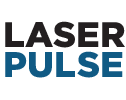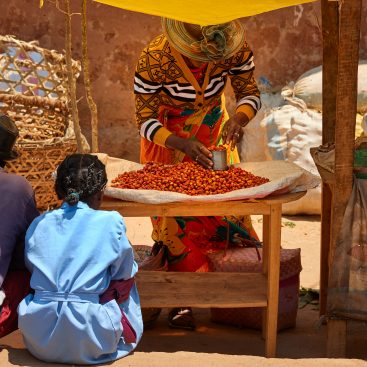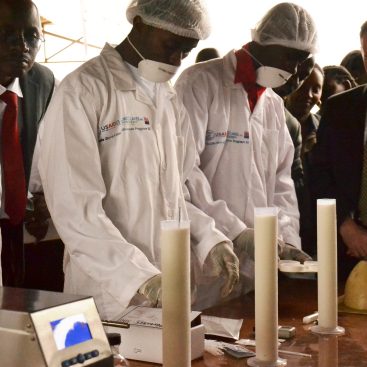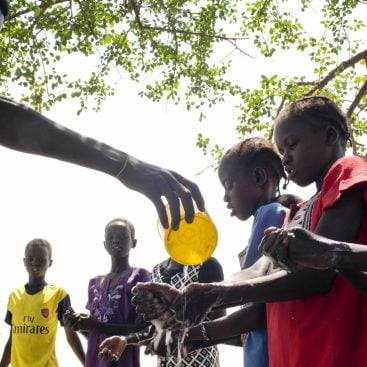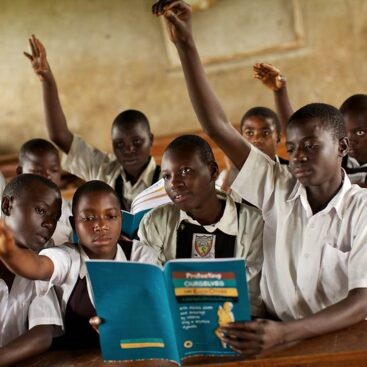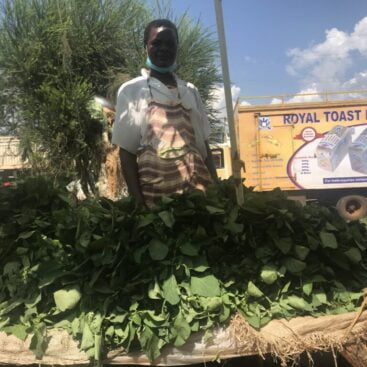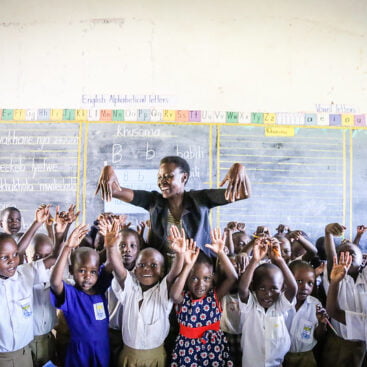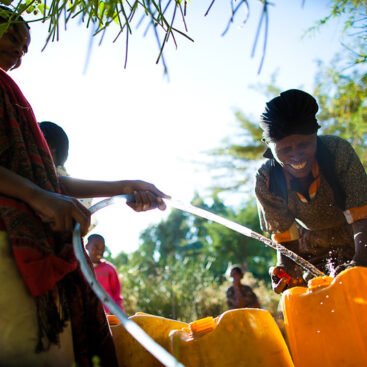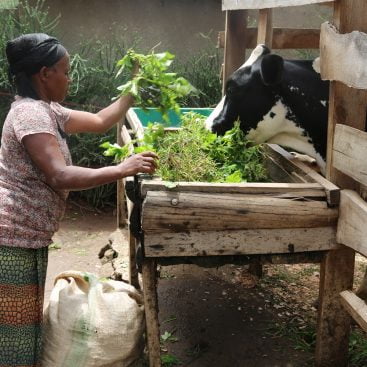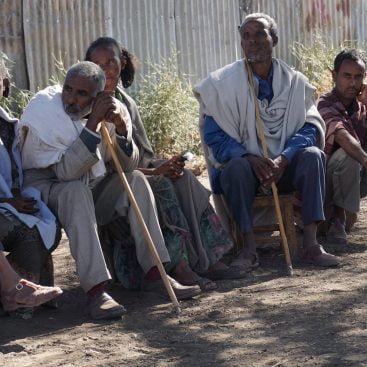Research Team
PI:
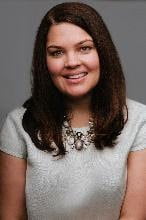
Lisa Bosman
Assistant Professor
Purdue University
Email: lbosman@purdue.edu
Embedded Research Translation Lead:
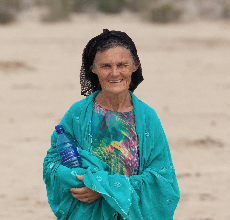
Valerie Browning
Director
Afar Pastoralist Development Association
Supporting Partner(s):
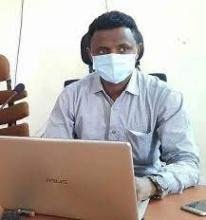
Abdurahman Kedir
Provost
Samara University

Stephanie Fernhaber
Professor
Butler University
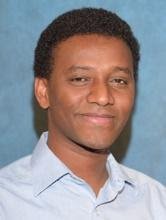
Ebisa Wollega
Assistant Professor
Colorado State University Pueblo
Project Information
Title of Project: Co-Creating Impactful Solutions: Deploying a Design Thinking Process for Conducting Participatory Action Research with Ethiopian Afar Youth
Sector: Youth Development, Civic Engagement, and Leadership
Country: Ethiopia
Lead Institution: Purdue University
Partner(s): Afar Pastoralist Development Association, Samara University
Final Budget: $250,000
Project Length: 24 months
Research Objective:
The United States’ Purdue University (Dr. Lisa Bosman) is the lead institution, including consultants at Butler University (Dr. Stephanie Fernhaber) and Colorado State University Pueblo (Dr. Ebisa Wollega). The Ethiopian translation research partner is the Afar Pastoralist Development Association (Ms. Valerie Browning and Mr. Hussein Edris) and the Ethiopian Higher Education Institution is Samara University (Dr. Abdurhman Kedir). This project has support from two local woredas (Teru and Dubti). The proposed research translation project has two main objectives: (1) Research and (2) Intervention; the U.S. team members will lead the research efforts and the Ethiopian team members will lead the intervention efforts. The guiding research question is as follows: How might entrepreneurial skills be measurably improved at scale when social norms prevent youth from attending school? And how does this vary across female and male rural youth participants?
Project Description:
(1) Research: The US team members have previously developed and tested an entrepreneurial design thinking process and workbook. In addition to co-creating innovative solutions, these components will provide participants (18 mentors, 36 university youth facilitators, and 180 Afar youth) with a more productive and experiential approach to internalize the prerequisite skills needed to pursue an entrepreneurial journey. Together, the project leadership team will work to “re-purpose” these components for the Ethiopian context. Our guiding research question is as follows: How might entrepreneurial skills be measurably improved at scale when social norms prevent youth from attending school? And how does this vary across female and male rural youth participants?
(2) Intervention: The intervention includes implementing “train-the-trainer” curriculum with the professors and staff of the Ethiopian partners (who will serve as mentors) and Ethiopian undergraduate students (who will serve as undergraduate youth facilitators). One mentor and two youth facilitators will each lead a team of 10 Afar rural youth participants (across various design team configurations: all male, all female, and mixed). The intervention has two critical learning objectives. The first learning objective is to increase Afar youth skill development in the entrepreneurial design thinking process. The second learning objective is to apply the entrepreneurial design thinking process to two different design challenges relevant to the Afar youth (increasing remote education access and preventing substance abuse).
Embedded Research Translation Product:
There are three research translation products: (1) co-created entrepreneurial design thinking process, (2) co-created entrepreneurial design thinking workbook and (3) challenge findings. These documents (and outputs from each of the design challenges) will be shared with relevant stakeholders.
Embedded Research Translation Audience:
Relevant stakeholders include (but are not limited to) the Afar Youth League Association, Afar Women’s League Association, Afar National Government – Women and Children’s Bureau, Afar National Government – Youth and Sports Bureau, Afar National Government – Bureau of Education, Afar Community FM Radio, the 34 Afar woredas, Ethiopian Ministry of Education, Ethiopian Ministry of Women and Children, Ethiopian Ministry of Youth and Sports, and the Ethiopian Civil Society Organization (federal government organization overseeing NGOs).
Outputs:
